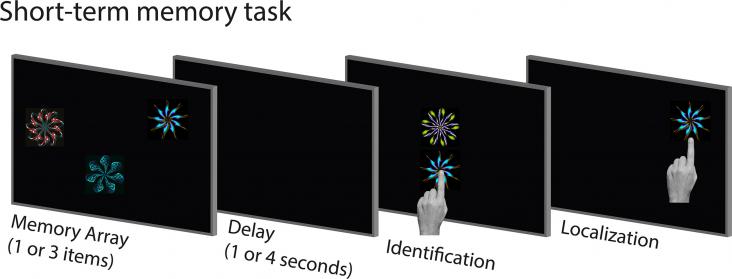Background: Stay-at-home orders (lockdowns) have been deployed globally to control COVID-19 transmission, and might impair economic conditions and mental health, and exacerbate risk of food insecurity
Background: Stay-at-home orders (lockdowns) have been deployed globally to control COVID-19 transmission, and might impair economic conditions and mental health, and exacerbate risk of food insecurity
Purpose: The purpose of this study is to assess the current status of gender disparities in academic radiation oncology departments in the United States and the associated factors.

This study explored an established primary care–based dementia pathway in New Zealand (NZ) and nurse practitioner dementia diagnosis and care in 1 small United States state that has adopted a value-ba

It has recently been proposed that short-term memory (STM) binding deficits might be an important feature of Alzheimer's disease (AD), providing a potential avenue for earlier detection of this disord
In April, 2019, the Alzheimer's Association Dementia Care Provider Roundtable convened to discuss common challenges faced when implementing person-centered, non-pharmacological practices in long-term
Alzheimer's disease is a progressive neurodegenerative disorder.
Background: The aim of this study is to use classification methods to predict future onset of Alzheimer's disease in cognitively normal subjects through automated linguistic analysis.
